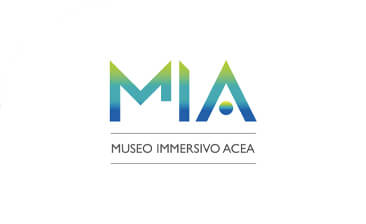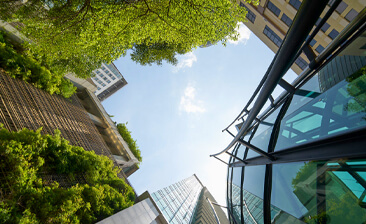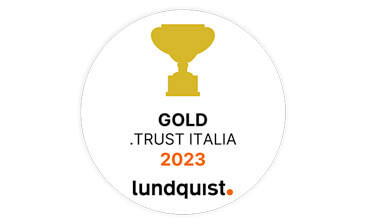Until 26 October, customers managing electrical generators, cogenerators or storage systems can join Areti's "RomeFlex" project and participate in the first auction for the assignment of flexibility services
The "RomeFlex" project has started, aiming to create a market for the flexibility of the electricity grid in Rome. Areti (100% Acea), as required by the ARERA (Italian Regulatory Authority for Energy, Networks and Environment) Resolution 352/2021, has published the public consultation on its website to allow its customers with a VAT number to join the pilot project by 26 October, thus becoming suppliers of flexibility. The areas involved, with an extension that covers approximately two-thirds of Rome's inhabitants, and the methods of participation are available on the Areti website.
The main electricity sellers operating on the Italian market as aggregators will also be able to participate in the initiative, so to allow their customers to make use of the flexibility services following the same procedure reported on the site, also by 26 October. Customers who provide this service will receive a payment, whose amount is set through a transparent and inclusive market logic.
The first auction for the assignment of the management of the local ancillary services market in Rome will be announced on 22 November by GME (Gestore Mercati Energetici). Areti, a company of the Acea Group operating in the distribution of electricity in Italy's capital city, is the first Italian distributor (DSO) to launch a local flexibility market project managed by GME. Thanks to its advanced technological architecture and open market procedures, "RomeFlex" will allow all customers, whose low or medium voltage systems are connected to the Rome distribution grid, to modulate their consumption and their energy production by offering flexibility services to the electricity grid. For example, it will be possible to use this service for the storage system of a generator, for an electric car, or simply to coordinate the operation of household appliances (e.g. heat pumps, etc.).
The project also aims to contribute to the energy transition process underway, which will lead to a transformation of the electricity sector. This sector is increasingly characterised by generation from renewable sources distributed throughout the territory, as well as by the progressive growth of consumption linked to electric mobility and summer/winter air conditioning using heat pumps.
Discover the latest news and initiatives of the Acea Group

Acea for World Energy Saving Day

Visit the virtual museum about the history of the Acea Group

The channel for the commercial requests on land urbanisation

Acea turns the spotlight on the Rome Film Festival 2023

Acea is in the "Gold class" in the .trust research

Read more about our culture of inclusiveness